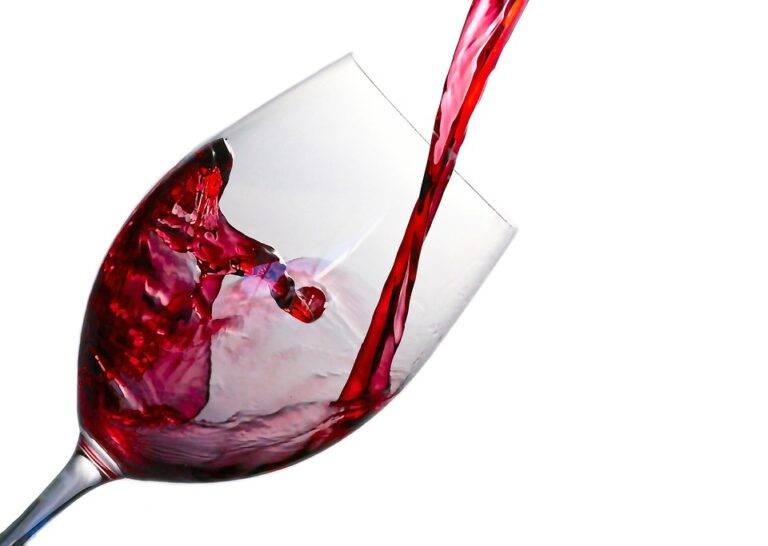
Introduction
In the competitive world of wine marketing, where numerous brands vie for consumer attention, the power of storytelling and origin cannot be underestimated. Crafting a compelling narrative around a wine’s history, origin, and the people behind it can significantly impact consumer perception and purchasing decisions. This report delves into why storytelling and origin matter in modern wine marketing, exploring the reasons behind their importance and the impact they have on brand success.
The Importance of Storytelling in Wine Marketing
Building Emotional Connections
Storytelling allows wine brands to connect with consumers on a deeper level by evoking emotions and creating a sense of authenticity. By sharing the story of how a wine is made, the passion and dedication of the winemaker, or the unique terroir where the grapes are grown, brands can build a strong emotional connection with consumers. This emotional bond can lead to increased brand loyalty and repeat purchases.
Points of Differentiation
In a crowded marketplace, storytelling can help wine brands stand out from the competition. By highlighting what makes their wine unique and special, brands can create a point of differentiation that sets them apart. Whether it’s a family-owned winery with a long history of winemaking, a commitment to sustainable practices, or a focus on a specific grape varietal, storytelling can help brands carve out a niche in the market.
Creating Memorable Experiences
Storytelling has the power to create memorable experiences for consumers, whether through engaging packaging, virtual tastings, or immersive brand experiences. By weaving a compelling narrative throughout all touchpoints of the consumer journey, wine brands can leave a lasting impression and ensure that consumers remember their brand when making purchasing decisions.
The Significance of Origin in Wine Marketing
Authenticity and Heritage
The concept of terroir, which encompasses the soil, climate, and topography of a specific vineyard, plays a crucial role in wine marketing. By highlighting the unique characteristics of a wine’s origin, brands can convey a sense of authenticity and heritage that resonates with consumers. Consumers are increasingly seeking out wines with a strong sense of place, and origin plays a key role in shaping consumer perceptions of quality and value.
Quality and Prestige
The reputation of a wine region can greatly impact consumer perceptions of quality and prestige. Wines from renowned regions such as Bordeaux, Napa Valley, or Champagne often command higher prices and are perceived as premium products. By leveraging the prestige of a wine region in their marketing efforts, brands can enhance the perceived value of their wines and attract discerning consumers who are willing to pay a premium for quality.
Transparency and Trust
Origin information provides transparency to consumers, allowing them to make informed choices about the wines they purchase. By clearly communicating the origin of a wine, including details about the vineyard, winemaking practices, and certifications, brands can build trust with consumers. Transparency in origin also plays a role in sustainability and ethical sourcing, as consumers increasingly seek out wines that are produced in an environmentally and socially responsible manner.
Industry Insights and Financial Data
According to a report by Grand View Research, the global wine market size was valued at $364.25 billion in 2020 and is expected to reach $444.93 billion by 2028, growing at a CAGR of 2.7% from 2021 to 2028. This growth can be attributed to factors such as rising disposable incomes, changing consumer preferences, and the increasing popularity of wine as a social beverage.
Leading wine brands such as Constellation Brands, Treasury Wine Estates, and E. & J. Gallo Winery have recognized the importance of storytelling and origin in their marketing strategies. These brands have successfully leveraged their heritage, terroir, and winemaking traditions to connect with consumers and drive brand loyalty.
In conclusion, storytelling and origin play a crucial role in modern wine marketing, helping brands build emotional connections, differentiate themselves from the competition, and create memorable experiences for consumers. By weaving compelling narratives around their wines’ histories, origins, and the people behind them, brands can enhance consumer perceptions, drive sales, and ultimately achieve long-term success in the competitive wine market.